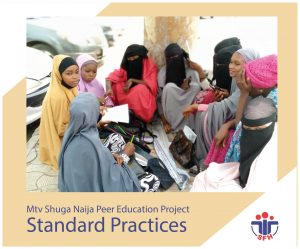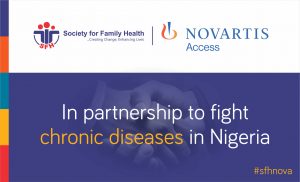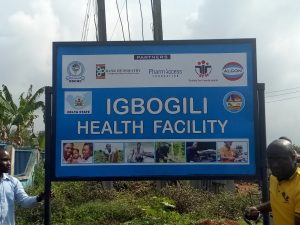Family Planning training for Health trained PPMVs in Kaduna State by IntegratE project.
PRESS RELEASE
In Nigeria, statistics show that about 771,000 unsafe abortions and 13,000 maternal deaths can be averted when women have access to and use modern contraceptives for family planning or child spacing. Also, modern contraceptives help avoid over 2million unintended pregnancies most of which could end up in abortion and threaten the lives of women.
IntegratE project aims at improving the quality of Family Planning services delivered by Community Pharmacists (CPs) and Patent and Proprietary Medicine Vendors (PPMVs) through the implementation of a tiered accreditation system and strengthening the quality of service delivery.
The project which is co-funded by Merck for Mothers and the Bill & Melinda Gates Foundations is currently being piloted in underserved areas of Lagos and Kaduna States.

IntegratE project supports the Pharmacist Council of Nigeria (PCN) in its regulatory mandate of controlling the practice of Pharmacy and PPMVs. This is important because much of the deterioration of Nigeria’s health services is blamed on the proliferation of unsupervised, unregulated and untrained informal sector health providers, who are the first port of call for health services provision nationally. Thus, with a drive to promote quality health service delivery through the informal health providers such as PPMVs, PCN leveraged on the country’s task shifting and task sharing policy of 2014 which is currently being revised, to spearhead the categorization of PPMVs into three tiers according to qualification. The Tiered Accreditation system is expected to strengthen the regulation and control of PPMV practice and improve overall quality of services they render.
This six-day intensive Family planning training officially flagged off on 26th of September, 2018 by the Honorable Commissioner of Kaduna State, Dr Paul Manya Dogo, is therefore aimed at building the capacity of health trained PPMVs to provide an expanded scope of family planning services. The trained providers who would be provided with post-training supportive supervision are expected to return to their health facilities fully equipped with the knowledge and skills gained to improve the quality of family planning services rendered in their communities.






